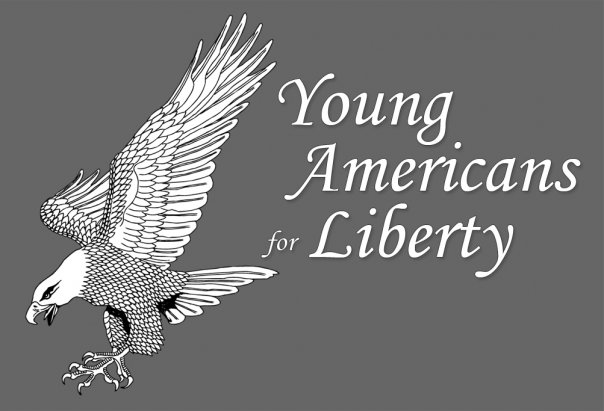In February 2019, a case erupted out of Ellisville that gained local and national attention. The case sparked a national conversation on the state of free speech on college campuses.
Jones College was faced with a lawsuit from now Southern Miss transfer student Michael Brown. Brown is a junior history major and a member of the Young Americans for Liberty, a national student Libertarian organization.
At Jones, the YAL members asked for people’s stances on marijuana legalization. The marijuana event was immediately met with security approaching them and demanding that they end their activities. Security approached the YAL members on the grounds that they did schedule the event with the administration three days prior.
Brown was introduced to YAL by Mitch Streider, a family friend, in the summer of 2018. Streider eventually became state chairman for YAL in Mississippi and attended the YAL event at Jones.
“They threatened to arrest me. It was not a pleasant experience at all,” Streider said.
Streider said it’s important for groups like YAL to have a platform on college campuses. “I think it’s very critical to have an open market of information so you can determine what is and what is not a legitimate source,” he said.
Brown got in contact with the non-profit law firm Foundation for Individual Rights in Education. FIRE focuses on free speech cases on college campuses. The organization has since helped Brown file a lawsuit against Jones College. FIRE has worked on over a dozen similar cases to Brown’s and has yet to be on the losing side of a lawsuit.
Greg Greubel, one of Brown’s attorneys, explained the mindset that many of these administrations have when taking action against students like Brown.
“Universities want their campuses to be places where [students] feel safe. And many times, some students feel that another student is making them feel unsafe,” Greubel said.
Greubel said there has been a trend with students becoming the main proponents of wanting to silence others. He said speakers, conservatives and liberals alike, have faced massive protests with the purpose of silencing.
“This is what we refer to in First [Amendment] Law as Heckler’s Veto,” Greubel said.
Greubel and the rest of FIRE believe fear is not a precedent to silence and revokes the right to free speech.
“Speech shouldn’t make them feel unsafe if that individual is not provoking violence,” Greubel said.
Though the suit is still waiting to go to trial, the Department of Justice filed a Statement of Interest Dec. 2019, expressing the belief that the Jones College rules were unconstitutional. Betsy Devos, Secretary of Education, even voiced her opinion on the matter.
“This is happening far too often on our nation’s campuses. This administration won’t let students be silenced. We stand with their right to speak and with their right to learn truth through the free exchange of ideas—particularly those with which they might disagree,” Devos said.
Jones College has responded to the Department of Justice’s statement. The institution confirmed that the rule of scheduling events three days in advance is there to protect students. The college wants the lawsuit to be dismissed.
Despite the lawsuit and alleged hostility from campus police, Brown said he does not harbor any ill will towards Jones College.
“I have no hard feelings toward Jones at all,” he said. “I just think there’s lots of old, archaic policies that haven’t been updated. It’s been around since 1911, and many probably take those laws for granted, like how people take their rights for granted,” Brown said.
As of March 2020, the case has yet to be absolved or dismissed.

























